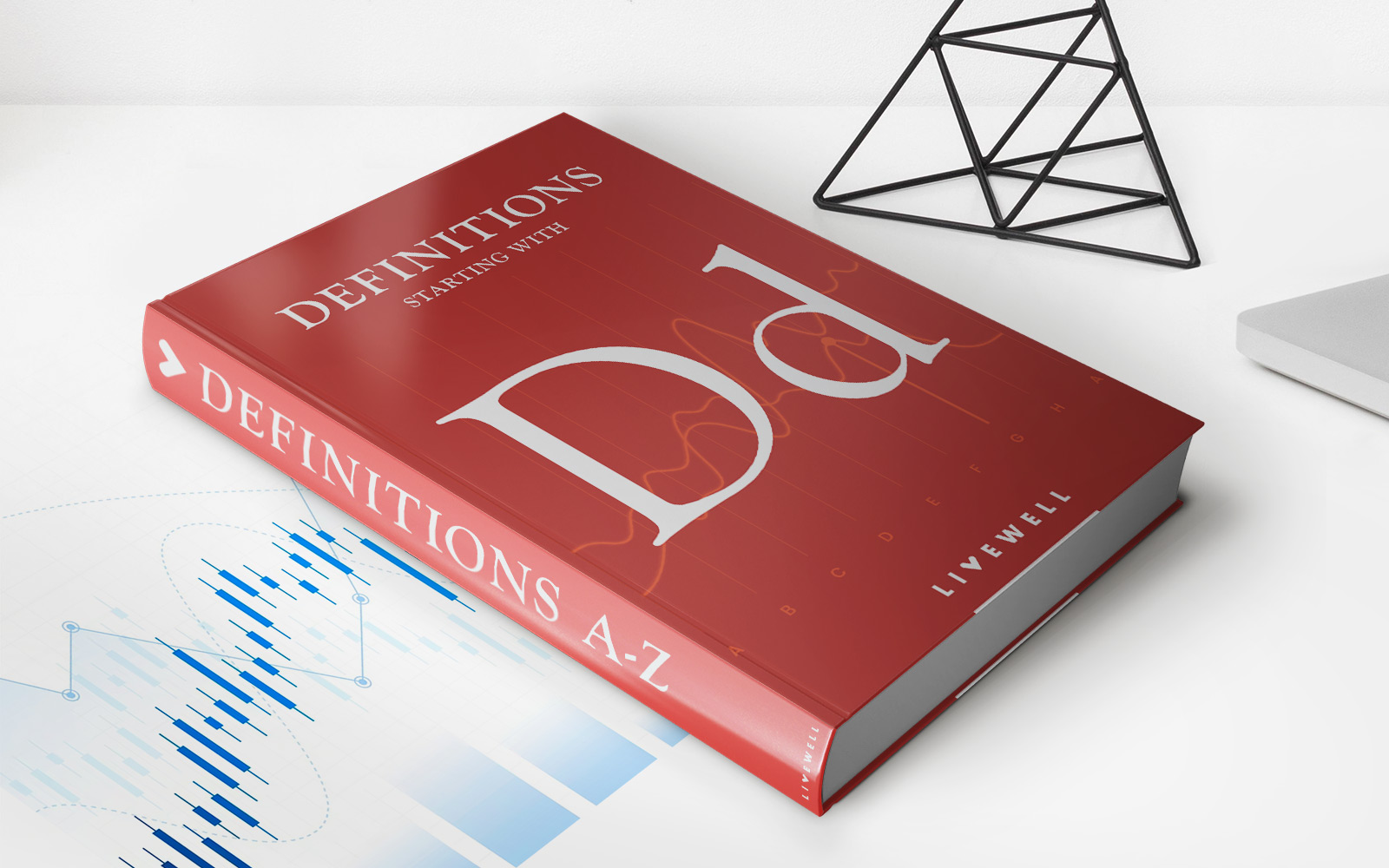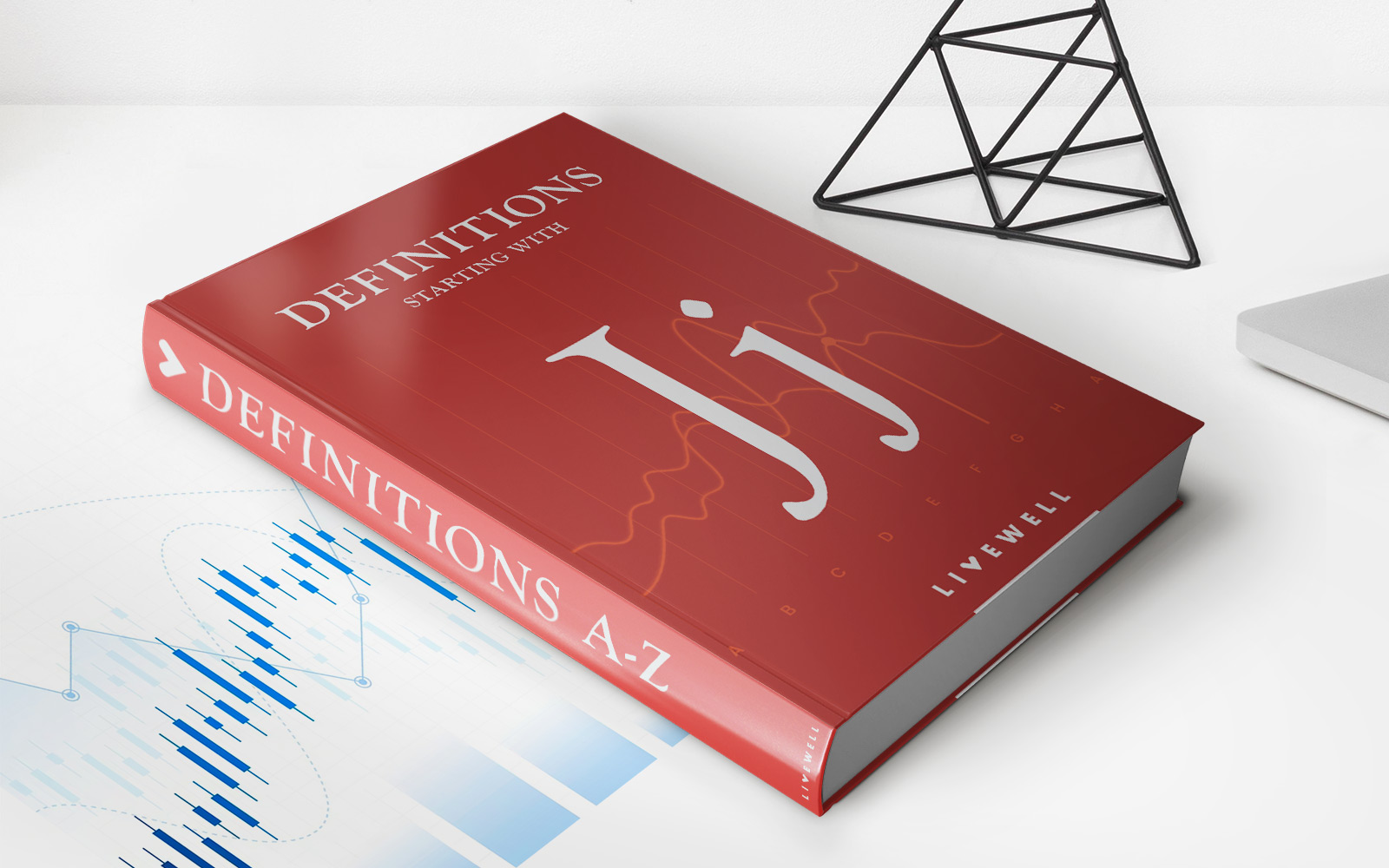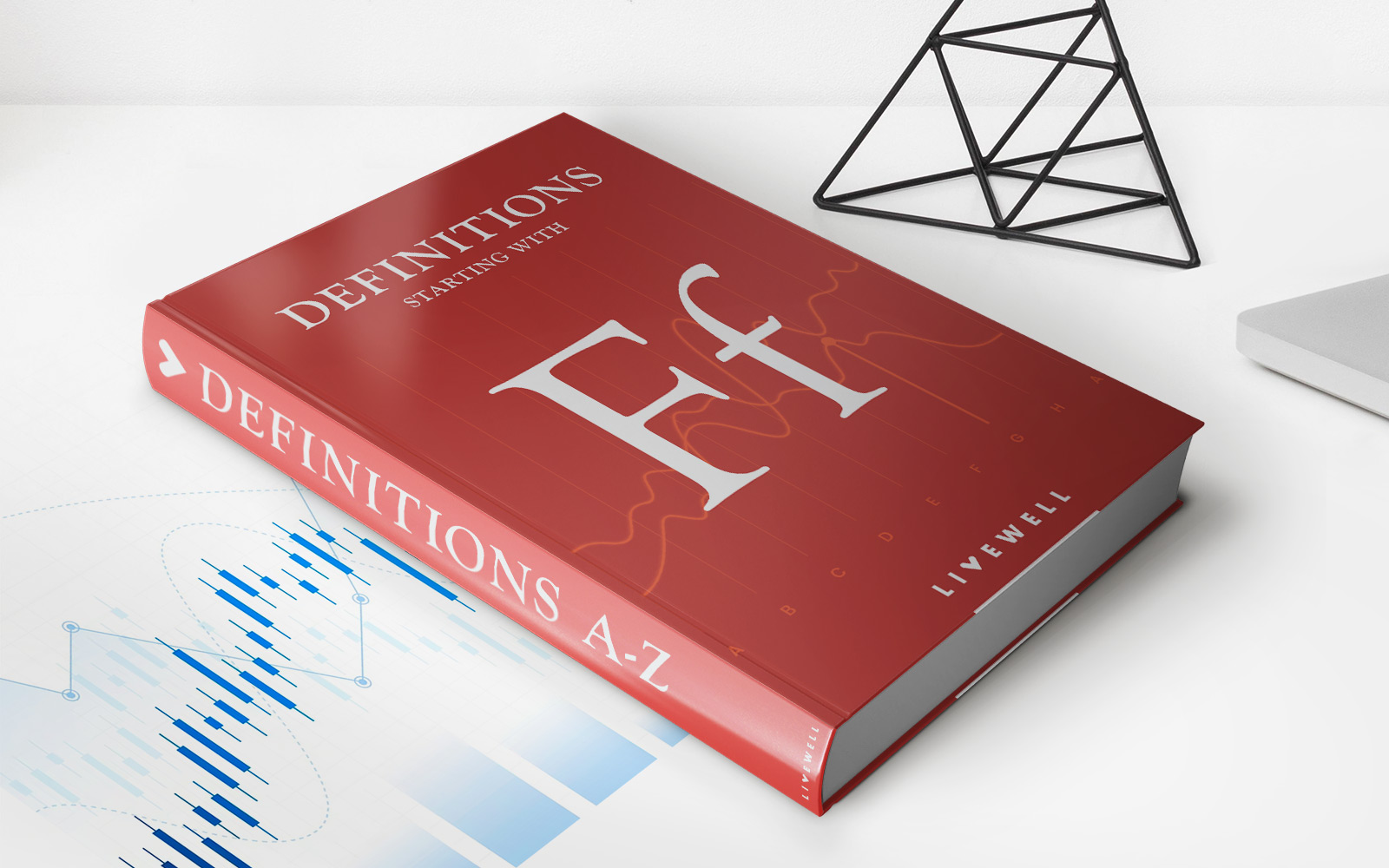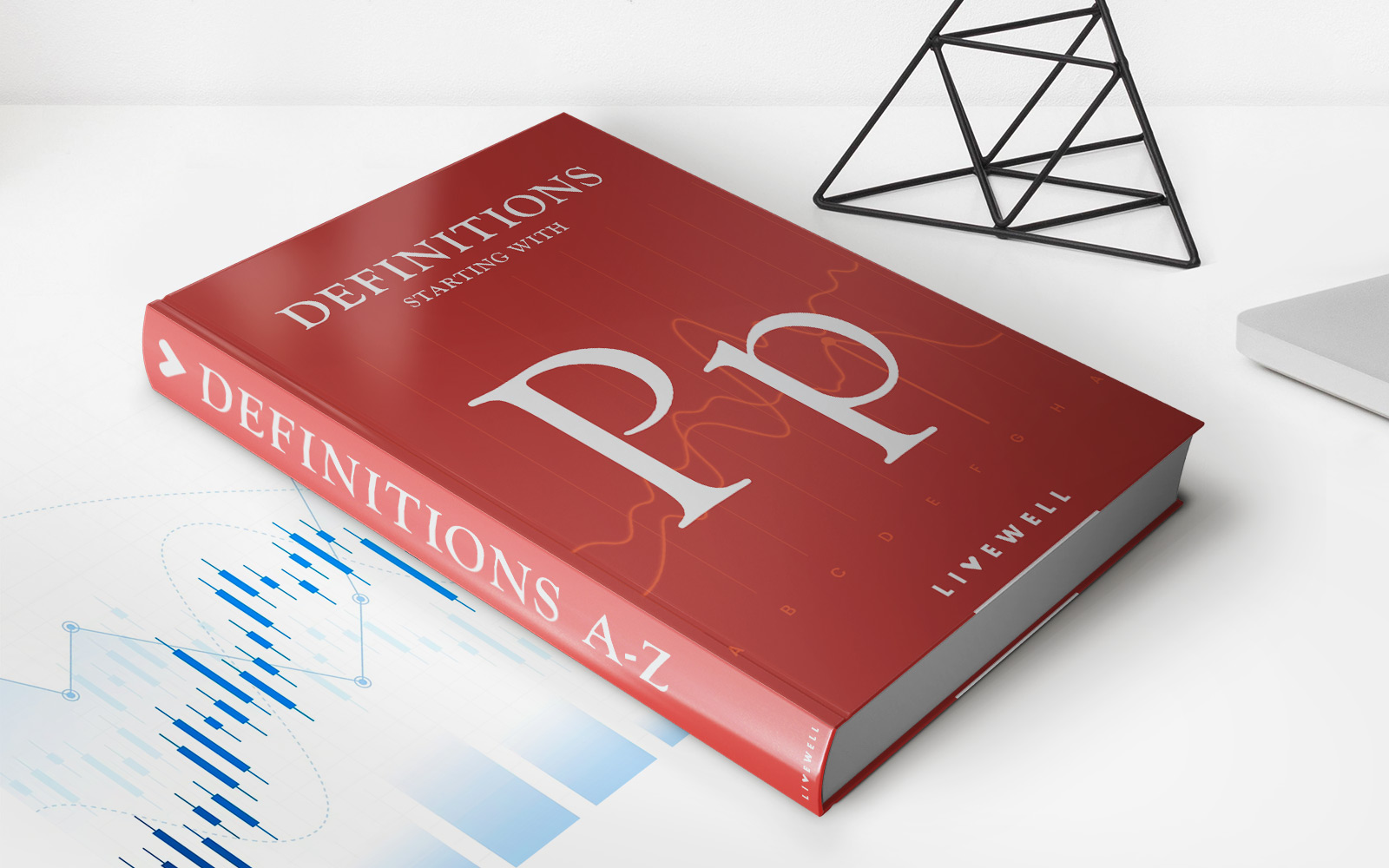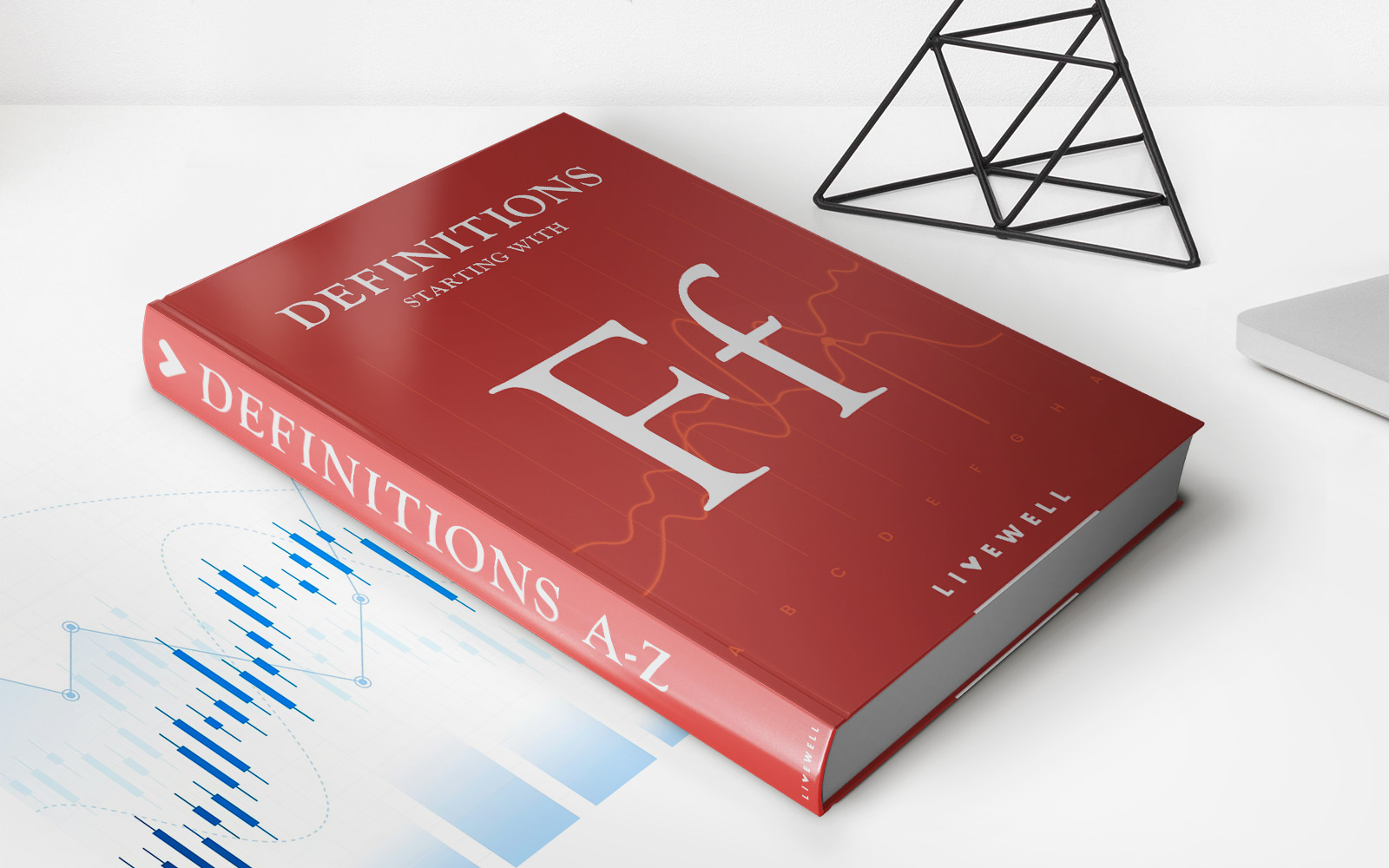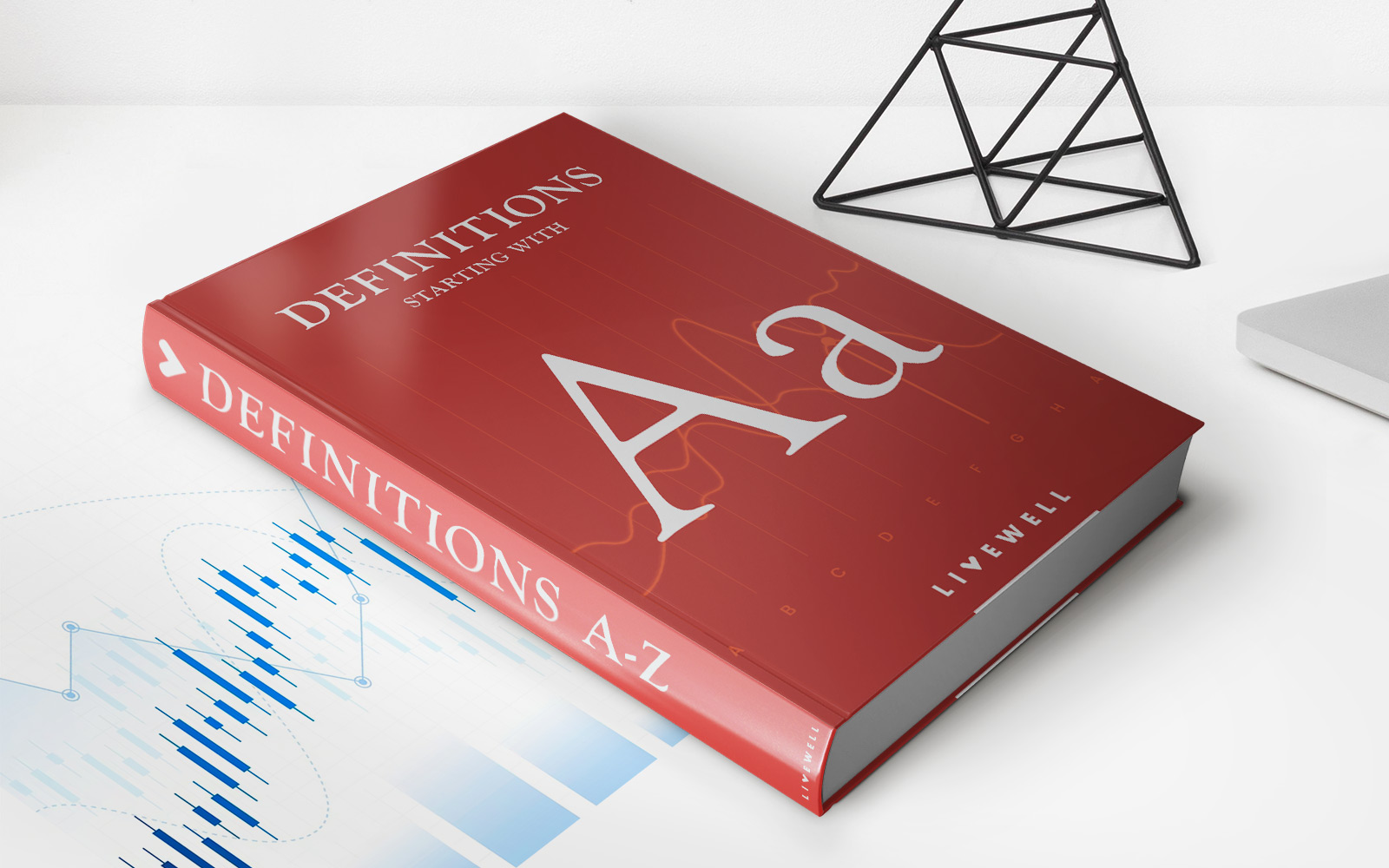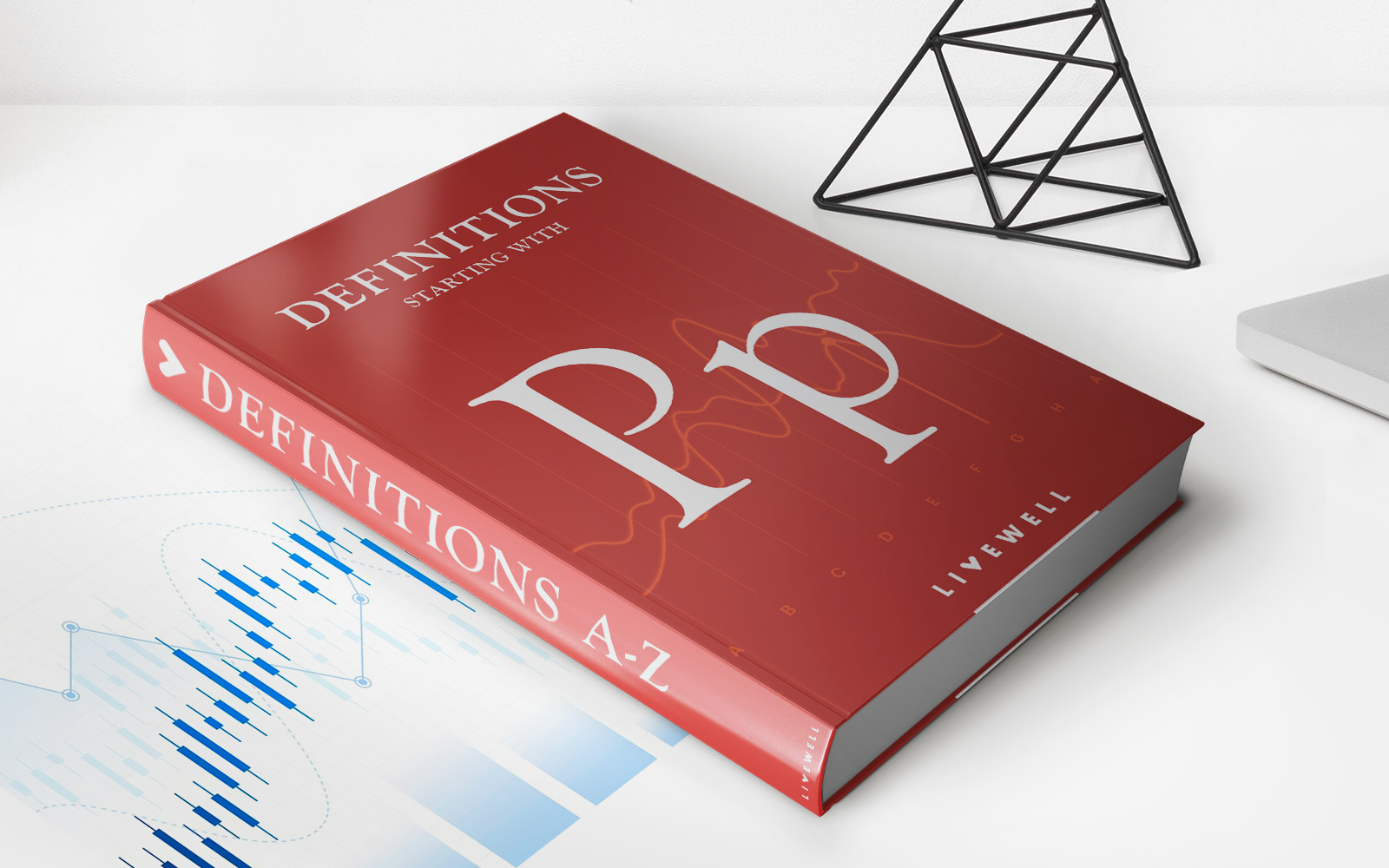Home>Finance>Perpetuity: Financial Definition, Formula, And Examples
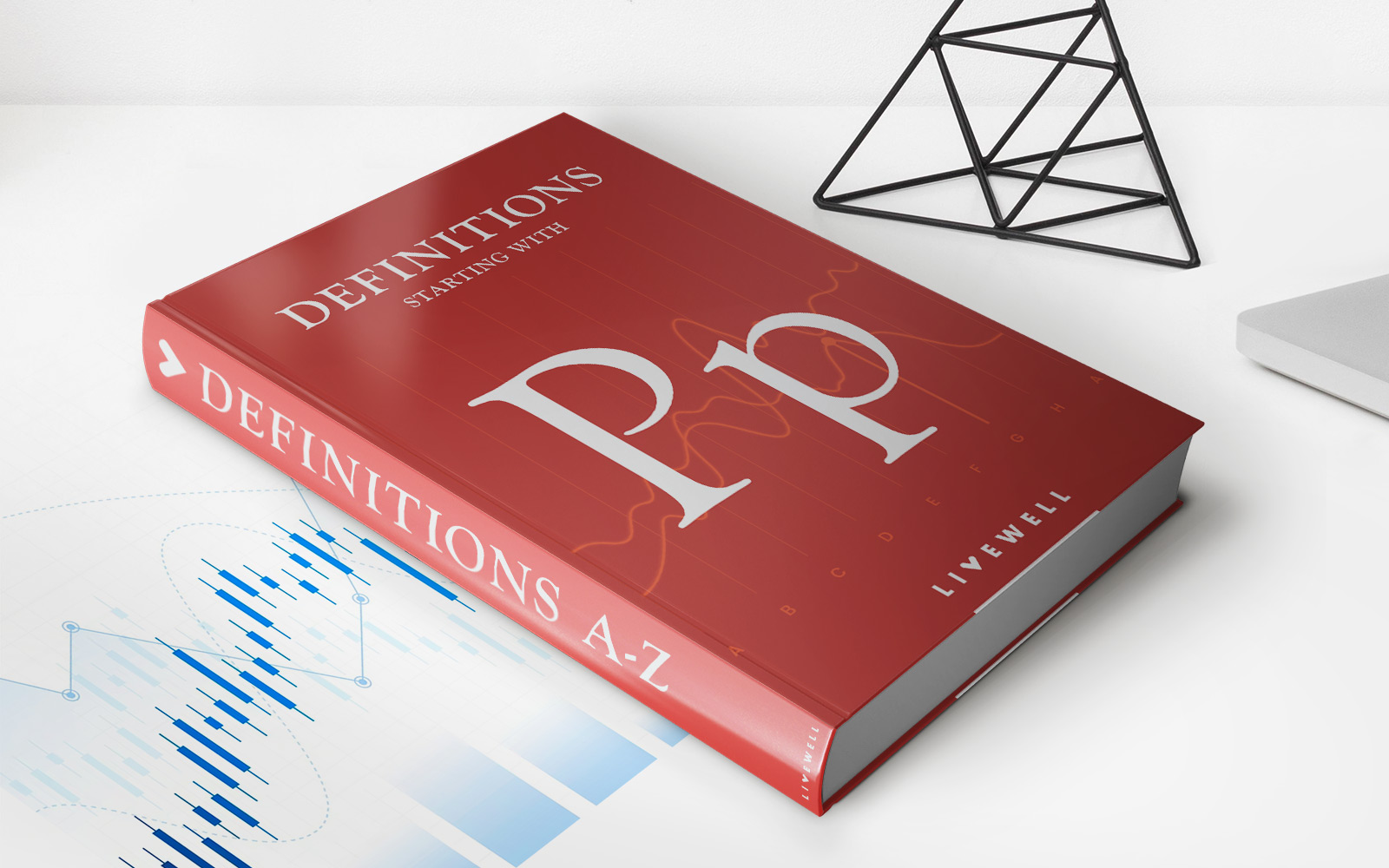

Finance
Perpetuity: Financial Definition, Formula, And Examples
Published: January 7, 2024
Learn the financial definition of perpetuity and how to calculate it using the formula. Explore examples and get expert insights in finance.
(Many of the links in this article redirect to a specific reviewed product. Your purchase of these products through affiliate links helps to generate commission for LiveWell, at no extra cost. Learn more)
Perpetuity: Financial Definition, Formula, and Examples
Gaining a firm understanding of financial terms can be daunting, but fear not! In this blog post, we will delve into the world of finance and explore the concept of perpetuity. Perpetuity is a financial term that refers to a stream of cash flows that continues indefinitely. It might seem like an abstract concept, but understanding perpetuity is crucial for anyone looking to make informed financial decisions. So, let’s dive in and unravel the mysteries of perpetuity!
Key Takeaways:
- Perpetuity is a financial term that refers to a stream of cash flows that continues indefinitely.
- Understanding perpetuity’s formula and examples can help individuals make informed financial decisions.
What is Perpetuity?
At the most basic level, perpetuity is an endless stream of cash flows. These cash flows are received or paid at regular intervals, and they continue indefinitely into the future. Essentially, it’s similar to receiving an annual income that never ends. Perpetuity is commonly found in various financial instruments like bonds, stocks, and real estate investments.
Perpetuity is often employed to determine the value of an investment or an annuity when the cash flows continue indefinitely. It assumes that the return on investment remains constant, making it a useful tool for valuation and decision-making.
Perpetuity Formula
The formula for calculating the value of a perpetuity is relatively straightforward:
Value of Perpetuity = Cash Flow / Discount Rate
The cash flow represents the amount received or paid at each interval, while the discount rate is the rate of return required by the investor. For example, if you receive an annual payment of $1,000 from an investment, and you desire a 5% return on your investment, the value of the perpetuity would be calculated as follows:
Value of Perpetuity = $1,000 / 0.05 = $20,000
In this example, the perpetuity is valued at $20,000.
Examples of Perpetuity
Let’s consider a few examples to further illustrate the concept of perpetuity:
- A real estate investment: You purchase a property and receive rental income of $2,500 per month, which is expected to remain constant indefinitely. By calculating the value of this perpetuity, you can assess the overall return on your investment and make informed decisions about the property.
- Annuity payments: Assume you are set to receive $5,000 every year until the end of time. By using the perpetuity formula, you can determine the value of these annuity payments and make informed decisions about financial planning.
- Bond investments: Some bonds pay regular coupon payments indefinitely. The value of these coupon payments can be determined using the perpetuity formula, aiding investors in evaluating the attractiveness of the bond as an investment.
By understanding and applying the concept of perpetuity, investors and individuals can assess the value of potential investments and make informed financial decisions.
Conclusion
Perpetuity may initially seem like a complex financial term, but it is important to grasp its definition, formula, and application. By understanding the concept of perpetuity, individuals can better evaluate the value of investments and make informed financial decisions. Whether it’s calculating the value of rental income, annuity payments, or bond investments, perpetuity is a valuable tool for determining the worth of a stream of cash flows that continue indefinitely. So, embrace the world of finance and get comfortable with perpetuity, your financial decisions will thank you!
Do you have any questions about perpetuity or any other financial terms? Feel free to reach out to our team of financial experts at [your contact information]. We’re here to help!
